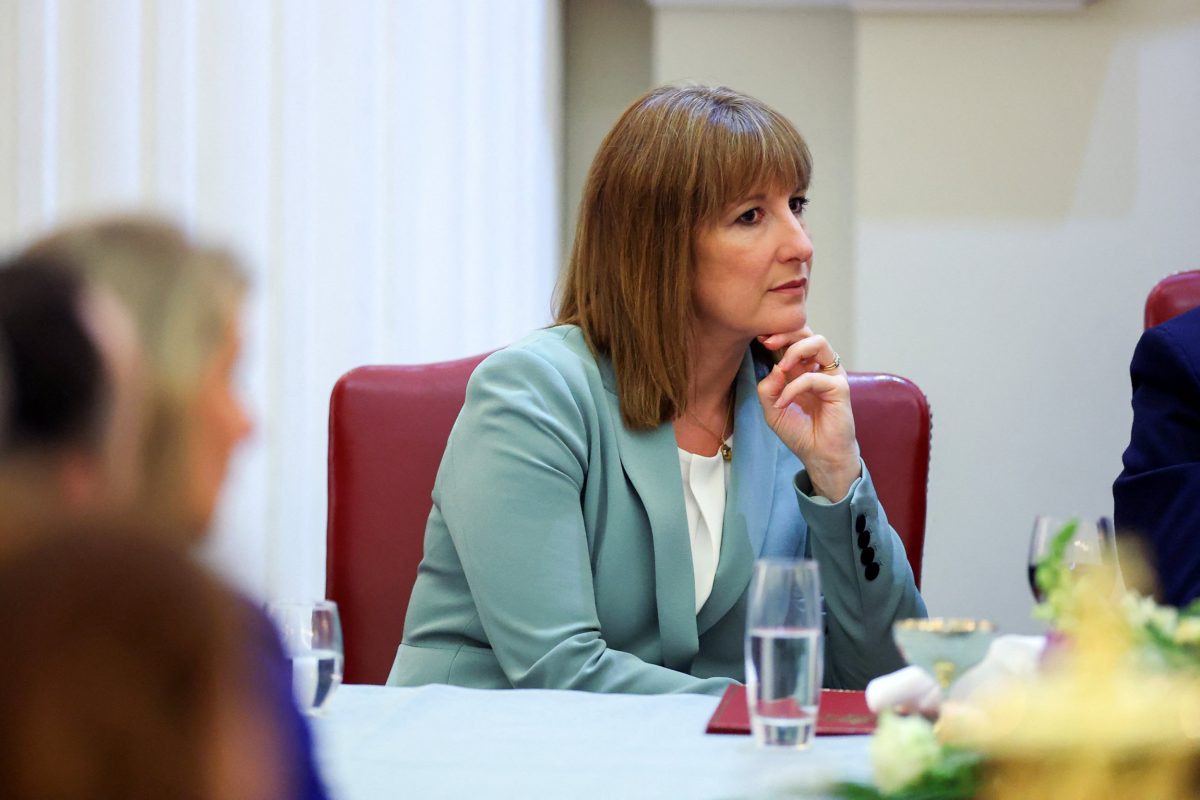
Inflation Surpasses Expectations Amid Rising Costs and Policy Criticism
Inflation in the UK has surged to a level not seen in 18 months, reaching 3.6% in June, according to the Office for National Statistics. This unexpected increase has raised concerns among economists and businesses, with some attributing the rise to recent government policies. The figure exceeded expectations of a modest rise to 3.5%, signaling a potential setback for the Chancellor’s efforts to stabilize the economy.
The surge in inflation comes at a challenging time for the government, which is striving to stimulate economic growth and lower interest rates. Lowering interest rates is crucial for meeting the government’s goal of increasing disposable income for voters and reducing mortgage costs. However, the current situation suggests that these objectives may be harder to achieve.
Policy Changes and Their Impact on Inflation
One of the key factors cited by critics is the decision by Chancellor Rachel Reeves to increase employers’ national insurance contributions by 1.2% in her October Budget. This policy, along with the rise in the minimum wage, took effect in April and is being partially blamed for the recent spike in food prices. Retailers have passed on these increased costs to consumers, contributing to the overall inflationary pressure.
Food inflation has reached 4.5%, with Lindsay James, an investment strategist at Quilter, noting that the effects of higher employer national insurance contributions are now being felt in retail prices. He also pointed to rising shipping costs as another factor driving up prices. Additionally, poor harvests due to extreme weather conditions have further exacerbated the situation, marking the third consecutive month of rising food prices.
Kris Hamer, director of insight at the British Retail Consortium, highlighted the ongoing impact of the budget and poor harvests on consumer prices. He emphasized that despite fierce competition among retailers, the combination of these factors has led to higher prices for shoppers.
Pressure on Food and Drink Manufacturers
Balwinder Dhoot, director of sustainability and growth at the Food and Drink Federation, noted that manufacturers are facing increasing pressure from rising costs. Key ingredients such as chocolate, butter, coffee, beef, and lamb have all seen price increases. These costs, combined with high energy and labor expenses, are gradually being passed on to consumers.
Reports indicate that the cost of beef has risen by 30%, while butter has increased by 20%. Other factors, including global demand and higher production costs, have also contributed to the upward trend in prices.
Government Response and Calls for Action
When asked about the role of the tax hike in fueling inflation, the Prime Minister’s Official Spokesman emphasized that the government inherited a £22bn black hole in public finances. He argued that addressing this issue was essential to stabilizing the economy and reducing inflation and interest rates.
Labour MPs have called for more radical action to tackle energy bills, especially as inflation hits its highest level in over a year. Two members of the Living Standards Coalition, a new group of Labour backbenchers, have urged ministers to reform the energy market to ease the burden on households.
Jeevun Sandher, MP for Loughborough, suggested that a progressive pricing system could help reduce energy bills for low-income households. He also highlighted the need for more immediate action, including expanding home insulation and promoting cleaner, cheaper energy sources.
Luke Murphy, MP for Basingstoke, echoed these calls, emphasizing the importance of tackling high energy costs as a key step toward improving living standards. He proposed measures such as introducing a social tariff for low-income households and reforming standing charges.
Broader Factors Contributing to Inflation
The Office for National Statistics identified several factors behind the June inflation increase, including higher prices for food and clothing, air and rail fares, and a smaller drop in fuel prices compared to the previous year. Richard Heys, acting chief economist at ONS, noted that food price inflation has been rising for three consecutive months, though it remains below the peak seen in early 2023.
Chancellor Reeves acknowledged the challenges faced by working people and highlighted the government’s efforts to address the cost of living crisis. These include raising the national minimum wage, expanding free breakfast clubs, and extending the £3 bus fare cap. She emphasized the need for continued action to deliver on the government’s Plan for Change.
A spokesperson for DESNZ reiterated the importance of transitioning to clean, homegrown energy to reduce dependence on global fossil fuel markets. They also highlighted efforts to protect vulnerable households through initiatives such as expanding the £150 Warm Home Discount and upgrading homes to make them more energy-efficient.


Posting Komentar